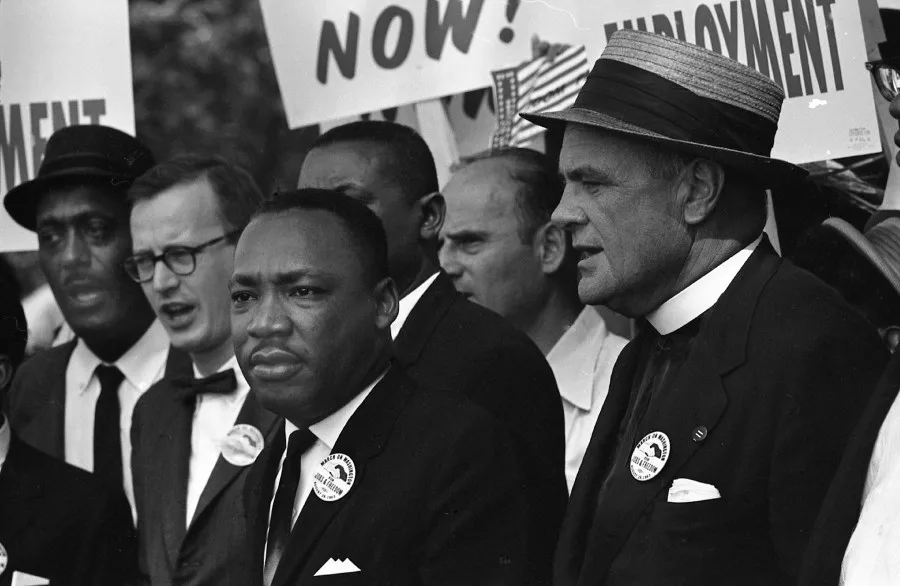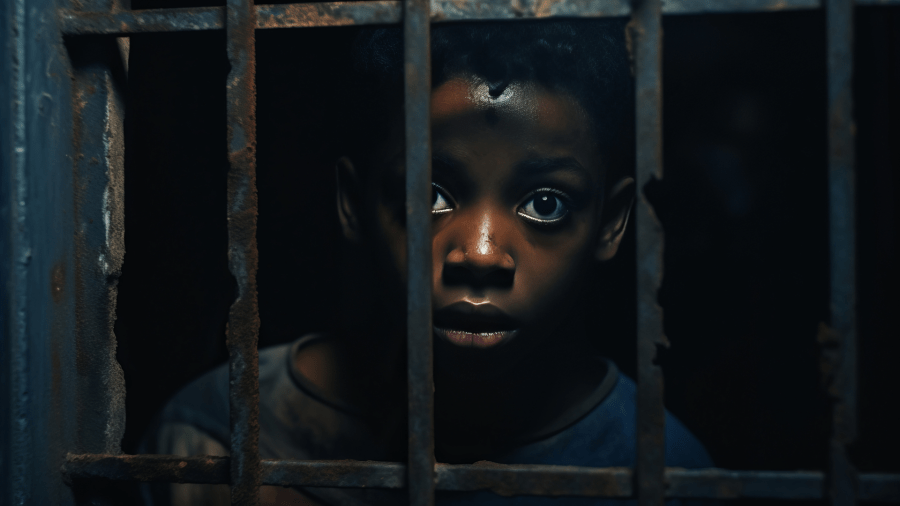SAVANNAH, Ga. (WSAV) — Mental health in the Black community is a stigmatized topic, although the most highly regarded leader of the civil rights movement struggled with depression his whole life.
Before the age of 13, Martin Luther King Jr. attempted suicide twice and actively worked to keep his severe depression a secret.

According to historians, his staff suggested that he take psychiatric treatment but refused as his mental state worsened as his role as a civil rights leader solidified.
His severe depression possibly contributed to his activism, as depression can enhance empathy.
Mental Health America reports that 13.4% of Americans identify themselves as Black or African American, and out of those, over 16% reported having a mental illness.
This is explained by the University of South Carolina School of Social Work, as the stress of systemic racism makes African Americans 20% more likely to report serious psychological distress.
Systemic racism is the involvement of political, legal, economic, health care, school and criminal justice systems that places people of color at a disadvantage.
This affects the health and well-being of Black Americans, which is often more difficult to recognize than explicit racism.
Only around 25% of African Americans seek mental health treatment compared to 40% of their white counterparts, according to McLean Hospital.
The stigma surrounding mental health in the Black community has roots in slavery, as it was commonly thought that slaves could not develop mental health problems.
That misunderstanding led to the underestimation of mental health in the community, as racial trauma has been passed down from generation to generation through genes.

This trauma leaves African American youth with a higher risk of PTSD, with 65% reporting traumatic experiences compared to 30% in other ethnic groups.
Barriers today, according to psycom, include high costs of mental health, familial shame, cultural stigma, lack of diversity in health care, whiteness as a foundation to mental health care and distrust of the medical system.
How can we ALL end the cycle?
McLean Hospital recommends bringing awareness to stigmatizing language around mental illness.
Educate families, friends and colleagues of the unique challenges faced by the Black community and stay aware of your attitudes, beliefs and assumptions towards Black individuals.
Dr. Christine M. Crawford, an adult, child and adolescent psychiatrist, notes that as we stay aware of those struggles, we can begin to chip away at the stigma.

